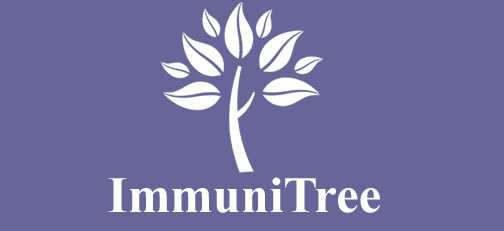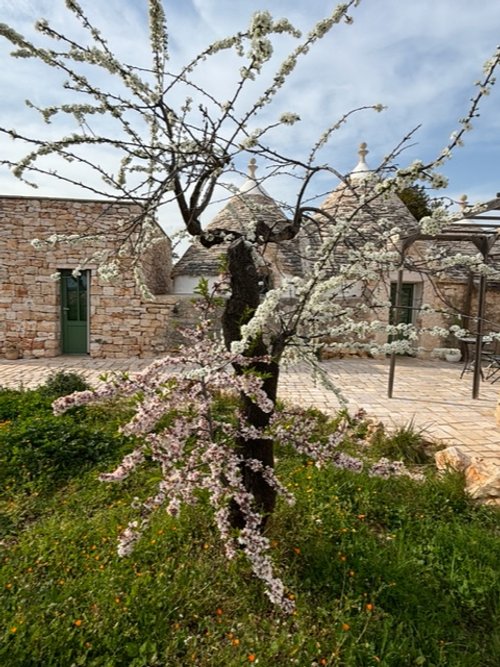I’ve had the good fortune to be in Italy (north and south) the past three months as I apply for dual citizenship via descendancy. I have been working on this for years, and it’s fortuitous that it’s happening now in these tumultuous times in our own country. Living these three months “across the pond” has given me some time for introspection and distance to absorb and process the chaos. I’ve also deepened my meditation practice, incorporating different aspects into it, like heart centered breathing (HeartMath), for instance. And I’ve taken time to read more about democracy and to learn what a democracy is. Particularly helpful have been the historians’ books: Heather Cox Richardson’s book “Awakening Democracy” and Gary Gerstle’s book “The Rise and Fall of Neoliberal Order.”
From my life experiences, I’ve come to rely on history more and more to help understand the present. I’ve also read Carlo Levi’s seminal non-fiction book from the 1930s “Christ Stopped at Eboli,” the title of which derives from a phrase he heard over and over again from the peasants in southern Italy where he was detained as an anti-Fascist political prisoner for over a year during the rise of Mussolini. Eboli was a place north of Gagliano where he served his detention. Peasants lived in abject poverty and malaria was rampant everywhere and they, in essence, did not believe in a forced religion. I had the chance to visit Matera, one of the towns chronicled in Levi’s book where peasants had once lived in similar poverty conditions. People there lived for centuries (in fact it’s one of the oldest most continuously human occupied places in Europe) in “the Sassi,” caves hollowed out from the soft limestone until they were eventually forced out in the 50s as “the shame of Italy.” I visited several of these Sassi homes in a city that is now a Unesco World Heritage site and saw how entire families and their animals lived in one small cave with one small opening to the outside, without running water or sewage, and only one plate for the entire family to share a meal. Their chickens lived under the bed. These were the neglected peoples who worked the desolate and impoverished lands and had to give everything to the feudal lords or the state. The grief was palpable.
My paternal grandfather came from a peasant Italian family north of this area but I never knew his history other than the fact (because the medal was displayed in his basement) that he fought in World War I for Italy. He emigrated on his own to the United States through Ellis Island and eventually found his way to work in the Ford Packer Plant in Detroit and boarded in my great-grandparents’ home. They were also immigrants: my maternal great-grandfather emigrated before World War I to work in the coal mines in West Virginia. He bore blue coal tattoos on his balding scalp from injuries. My maternal great-grandmother was a mail-order bride from Perugia and bore seven children. A few details were handed down to me. But not the date my paternal grandfather emigrated; late 1920. This was one hundred years almost to the day something catalyzed me to apply for dual Italian citizenship in 2020. This was all before I’d realized that 100 years had elapsed. It took years to get birth certificates, find the ship my grandfather came to Ellis Island on, and when he naturalized.
Coming back to Italy, I’m tracing an epigenetic and genetic lineage and am surrounded by what Martin Prechtel calls “the ghosts of our unwept ancestors.” I’m also learning just how much distrust there is here of Americans now. I’ve heard about our wastefulness and our pride, I’ve had people say “bah” when they find out I’m an American. And I’ll admit I had this fanciful idea that Italy is/was a beautiful place, that everyone eats Mediterranean food and is healthy (sorry, we have exported our American junk food here, too), and they’re all accepting and so forth. For the most part the Italians have been absolutely gracious hosts and welcoming. So, part of the process of grieving and reconciliation is to recognize truth, which seems to be so sorely missing in the United States now, and to touch the land of my forebears. Also, to grow compassion in the heart’s garden. I remember how my grandfather always maintained a garden on a spare lot next to his house, and how he bent back bare fig trees and covered them in burlap to overwinter. Now, I see that our country is headed toward the same type of issues Italy faced when my grandfather and great-grandparents emigrated to the U.S.
There are so many things to be grateful for. In this cycle of time here, one of the dishes that I’ve come to love is a southern dish that is part of the povera cucina, poor person’s food: fava bean puree with wild chicory, onion, red pepper flakes, and olive oil. That’s it, so simple and so incredibly healthy. Each time I make it or eat it, I think of my ancestors, how they worked the land, my roots, and how they indirectly and directly provided the ground work for the opportunities I’ve had in my life. And the gratitude I feel to be a witness at this time in history.
*the tree above is a grafted cherry onto peach tree in Conversano.


